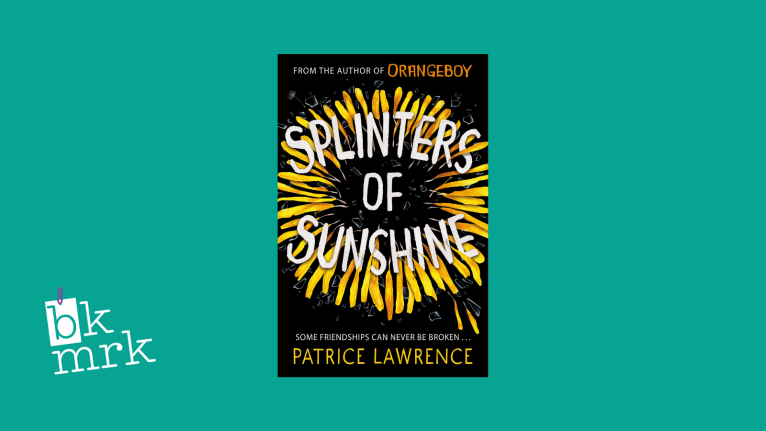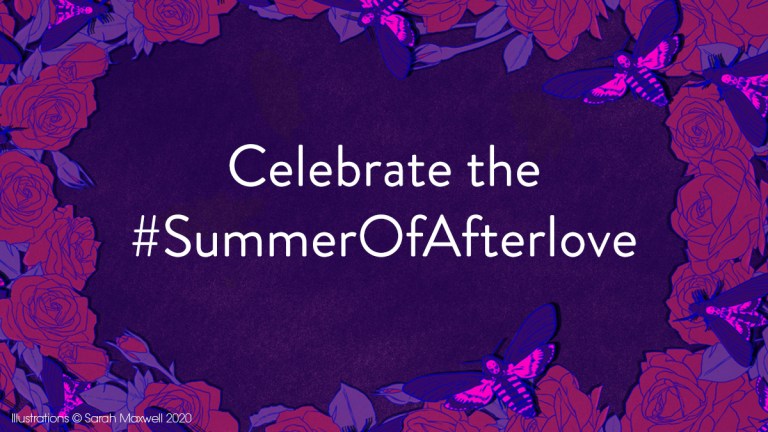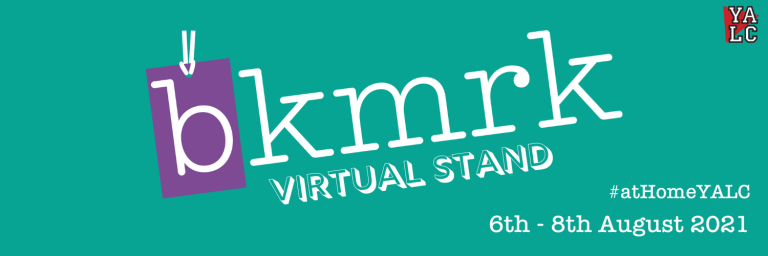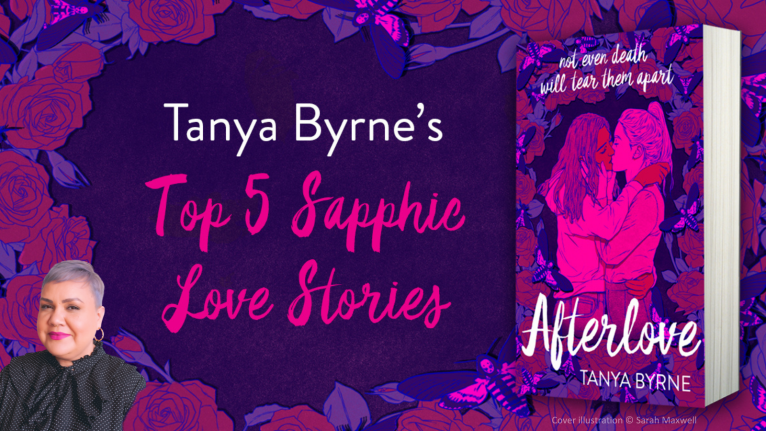Dashka Slater: The Problem with Simple Messages
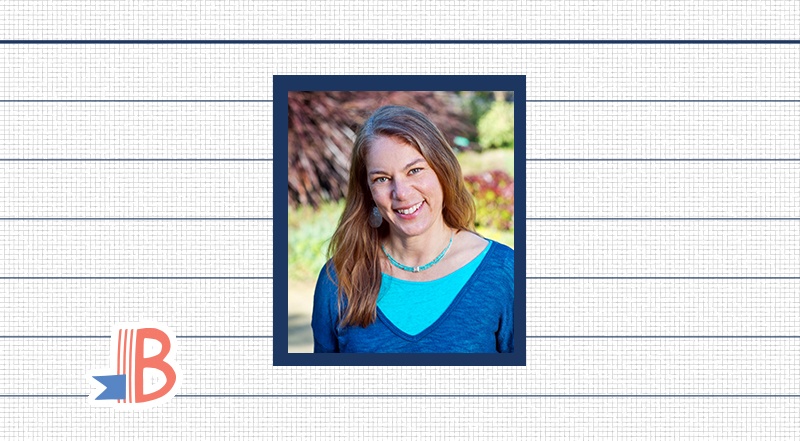
Dashka Slater, author of The 57 Bus, tells us about her inspiration for the book and the difficulty of simplifying complex and life-changing decisions.
The day before I was to turn in the final draft of the book that would become The 57 Bus, I got a call from a woman who works at a nonprofit that has done exemplary work on the issue of bullying and bias. The anti-bullying advocate had read the article on which the book was based, which is about the two teenagers on either side of a high-profile hate crime. That I was now writing this story for young adults both angered and alarmed her, because I had questioned the wisdom and ethics of prosecuting the sixteen year old offender as an adult. “It’s important that you don’t send the wrong message to young people about the importance of prosecuting hate crimes,” she told me.
I assured her that my feelings on the subject were complex, and that I wasn’t necessarily against hate crime prosecutions – I just wasn’t necessarily for them either. My concern, I explained, is that the criminal justice system is a fairly blunt instrument for dealing with issues of bias. In most places in the U.S., hate crime laws are sentencing enhancements, used to lengthen an offender’s prison sentence. Prisons are brutal places, rigidly segregated by race, and intensely homophobic. They are not places where you learn acceptance and non-violence.
At the same time, I also know that vulnerable people need protection, and that hate criminals grow emboldened when they think there are no consequences for their actions. My book reflects this ambivalence. In different places in the book, I make arguments for hate crime prosecutions, and against hate crime prosecutions. I want readers to think about how acts of hatred impact entire communities, particularly people on the margins. I also want them to consider how incarceration impacts entire communities, particularly people on the margins. Mostly, I’d like them to grapple with these contradictions, and answer for themselves the question of how hatred and bias should be conquered.
The Anti-Bullying Advocate didn’t agree with this approach. She felt we must deliver an uncomplicated and uncompromising message to young people, a message of “zero tolerance” for bias, bullying, and bigotry. But it seems bizarre to me to speak of “teaching tolerance” and “zero tolerance” in the same breath. Being a writer of books for young people means being an advocate for young people, for the second chances that all of us deserve. That doesn’t mean dismissing bullying as “just kids being kids.” But it does mean focusing on healing and growth rather than punishment, and holding young people close rather than pushing them away. To me fighting bias requires being comfortable with complexity, because life is complicated, people are complicated, and kids are complicated. The message I want to send to young people is not simple, but I don’t think that makes it the wrong message. It’s an honest message and to me, that’s the only kind that counts.

